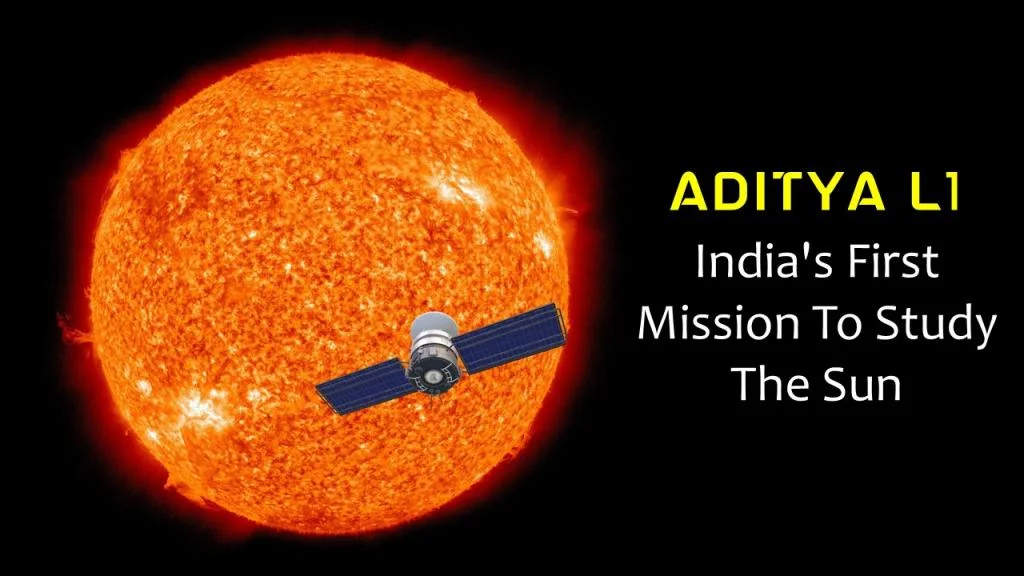
India’s Groundbreaking Mission: Aditya-L1 Solar Observatory Set to Launch, Aiming to Uncover Sun’s Mysteries
August 29, 2023
🚀 BREAKING NEWS: India's Historic Launch of Aditya-L1 Solar Probe on Sept. 2 🌞
In a groundbreaking move, India is all set to embark on its maiden solar exploration journey with the launch of the Aditya-L1 solar observatory. The momentous event is slated for this weekend, marking a pivotal milestone for space exploration.
As announced by the Indian Space Research Organization (ISRO) on Monday (Aug. 28), the Aditya-L1 solar observatory is scheduled for liftoff on Saturday (Sept. 2) at 2:20 a.m. EDT (0620 GMT; 11:50 local India time). This solar probe will ride atop a Polar Satellite Launch Vehicle, soaring into the skies from the Satish Dhawan Space Centre situated on Sriharikota Island, just off the eastern coast of India.
Aditya-L1's ambitious journey begins with an initial low Earth orbit, where its systems will undergo rigorous in-space testing by the mission team. If successful, the probe will gradually transition to a higher orbit, eventually breaking free from Earth's gravitational pull. The ultimate destination for Aditya-L1 is the Earth-sun Lagrange Point 1, a stable gravitational point positioned around 1 million miles (1.5 million kilometers) away.
🚀PSLV-C57/🛰️Aditya-L1 Mission:
The launch of Aditya-L1,
the first space-based Indian observatory to study the Sun ☀️, is scheduled for
🗓️September 2, 2023, at
🕛11:50 Hrs. IST from Sriharikota.Citizens are invited to witness the launch from the Launch View Gallery at… pic.twitter.com/bjhM5mZNrx
— ISRO (@isro) August 28, 2023
The mission's name carries profound significance. "Aditya," meaning "sun" in Sanskrit, captures the essence of its purpose. Positioned at L1, the probe will utilize its seven cutting-edge science instruments to unravel the sun's mysteries. One primary focus is understanding solar flares and coronal mass ejections – explosive events that propel superhot solar plasma into space. Such insights could revolutionize our comprehension of space weather dynamics.
An intriguing aspect of Aditya-L1's mission is its investigation into the sun's corona, the outermost layer of the solar atmosphere. Scientists are baffled by the corona's intense heat, which registers at a staggering 1.8 million degrees Fahrenheit – significantly hotter than the sun's surface. This exploration might hold the key to unraveling this enigma.
Notably, this launch follows India's recent success in lunar exploration. The Chandrayaan-3 lander-rover duo aced its landing on the moon's surface, sparking excitement about potential water ice resources in the moon's polar regions. These regions are speculated to be crucial for future human exploration.
Stay tuned for further updates on this monumental event that promises to unlock the secrets of our star, the sun. 🛰️🔭🌅 #AdityaL1 #SolarExploration #ISRO #SpaceNews